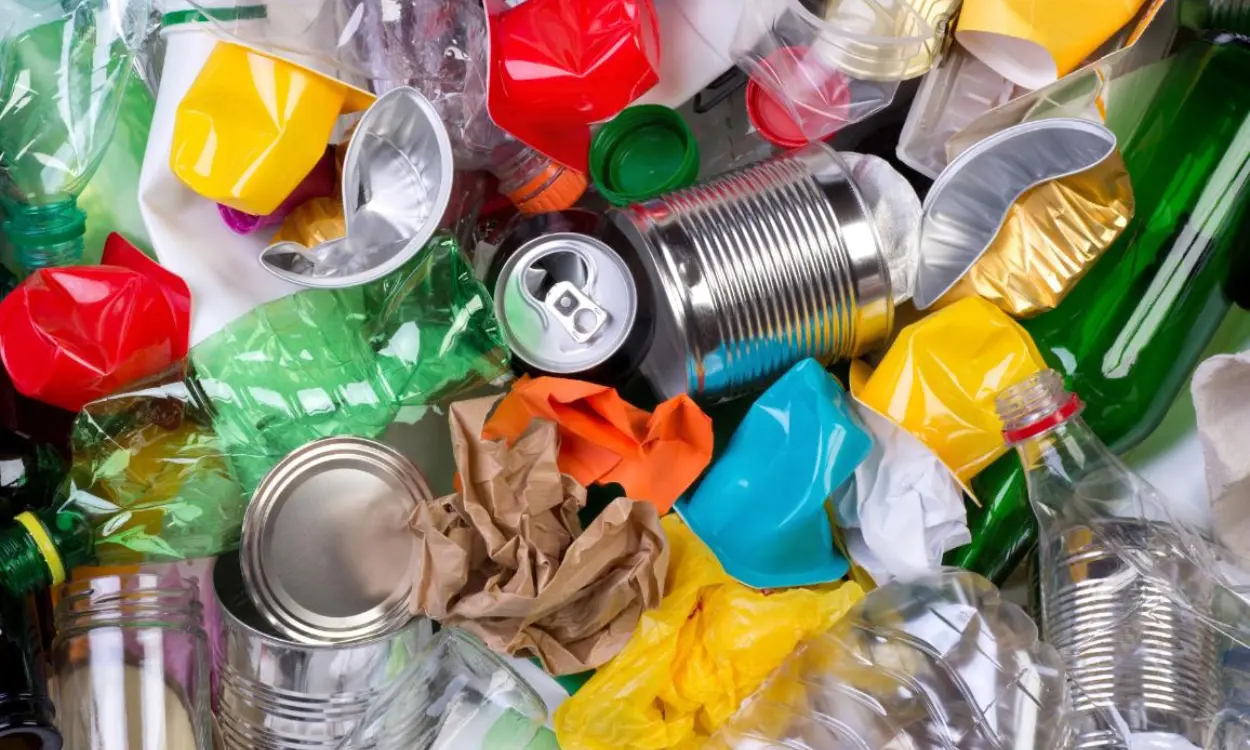Europe (Transatlantic Today)— The European Parliament has adopted a groundbreaking regulation to tackle packaging waste, harmonize internal market rules, and promote a circular economy. The regulation was approved with 476 votes in favor, 129 against, and 24 abstentions, signaling a strong commitment to sustainability across the EU.
The new rules introduce ambitious packaging reduction targets, requiring EU countries to cut packaging waste by five percent by 2030, ten percent by 2035, and fifteen percent by 2040. A maximum empty space ratio of 50 percent is mandated for grouped, transport, and e-commerce packaging to reduce unnecessary materials. Manufacturers and importers must ensure packaging weight and volume are minimized.
Starting January 1, 2030, certain single-use plastic packaging types will be banned. These include packaging for unprocessed fresh fruits and vegetables, food and beverages consumed in cafés and restaurants, individual portion containers for condiments and sauces, miniature toiletries in accommodations, and lightweight plastic carrier bags.
The regulation also bans harmful “forever chemicals,” or per- and polyfluorinated alkyl substances (PFAS), in food-contact packaging above specific thresholds to prevent adverse health effects.
To encourage reuse, targets have been set for 2030, covering alcoholic and non-alcoholic beverage packaging, transport packaging, and grouped packaging. Final distributors of beverages and take-away food must offer consumers the option to bring their own containers and ensure that at least ten percent of their products are available in reusable formats by 2030.
Recyclability is a cornerstone of the regulation, requiring all packaging to meet strict criteria. Measures include minimum recycled content for plastic packaging and defined recycling targets by weight for all packaging materials. By 2029, 90 percent of single-use plastic and metal beverage containers up to three liters must be collected separately through systems like deposit-return programs.
Rapporteur Frédérique Ries described the regulation as a major step forward, stating that for the first time, the EU has set material-neutral reduction targets for packaging. She highlighted the ban on forever chemicals in food packaging as a significant victory for consumer health and innovation in sustainable practices.
The regulation now moves to the EU Council for formal approval before implementation.
In 2021, packaging waste in the EU reached 84 million tonnes, up from 66 million tonnes in 2009. Without intervention, this figure is expected to rise to 209 kilograms per person by 2030. This legislation reflects EU citizens’ demands for a circular economy, reduced waste, and the phasing out of non-sustainable packaging as expressed in the Conference on the Future of Europe.


























